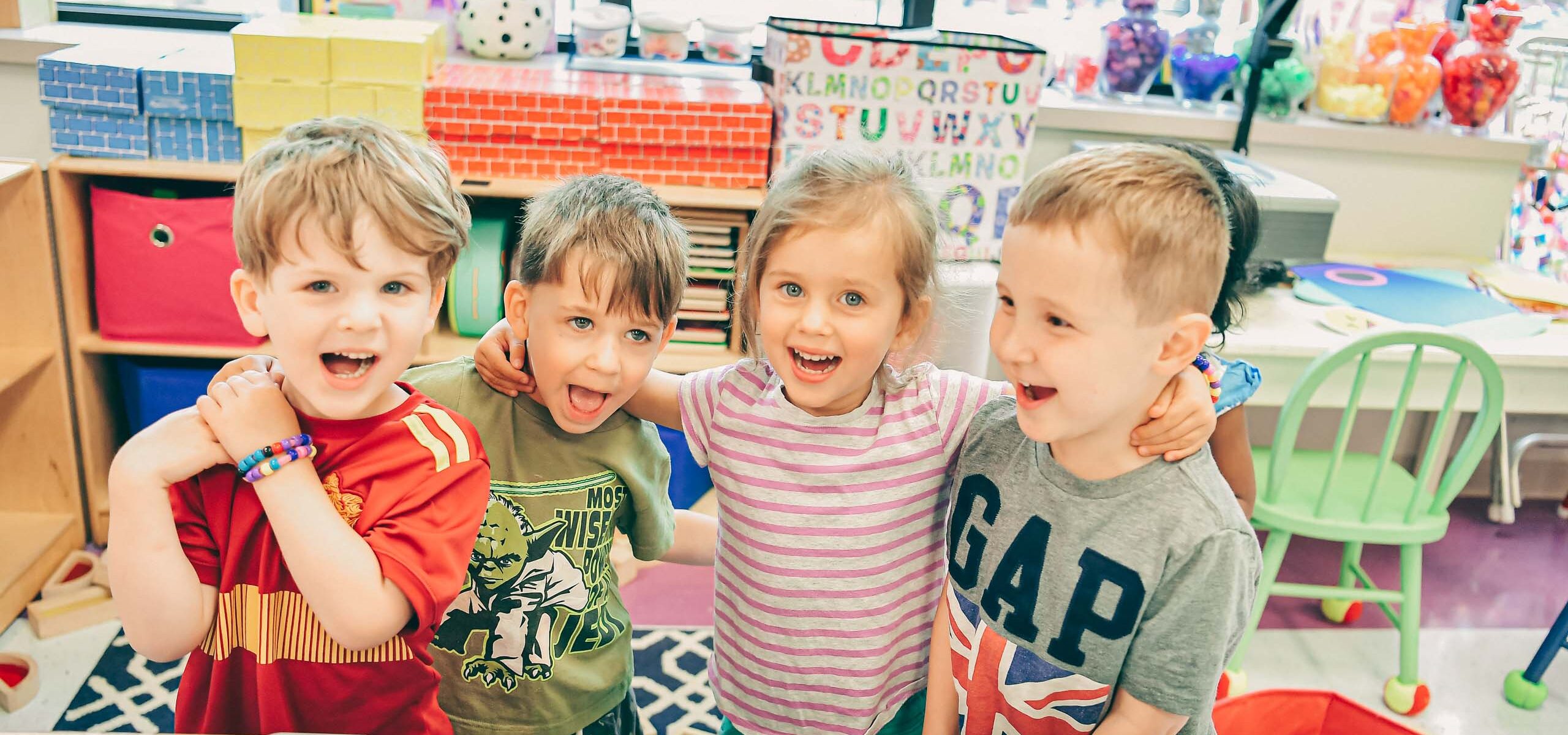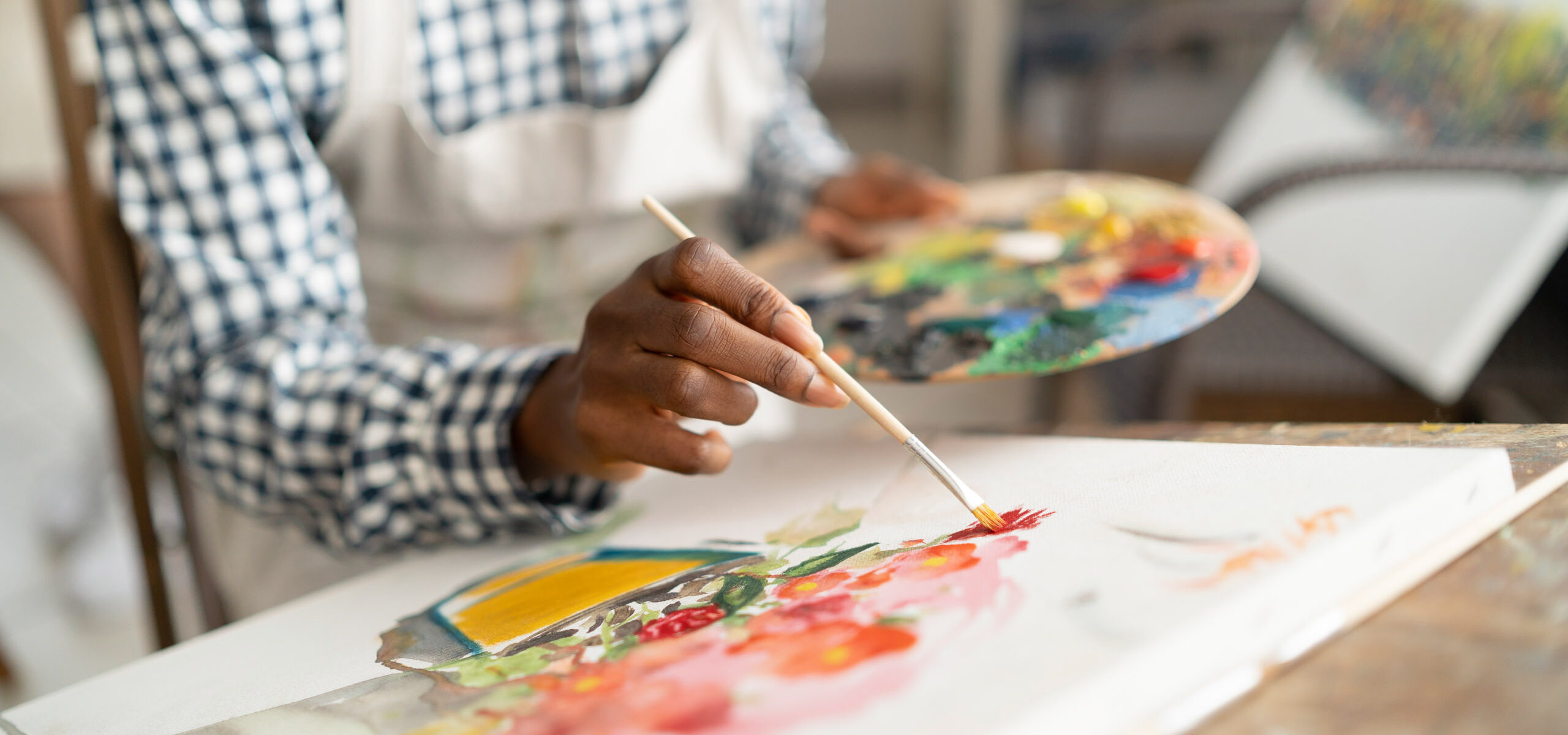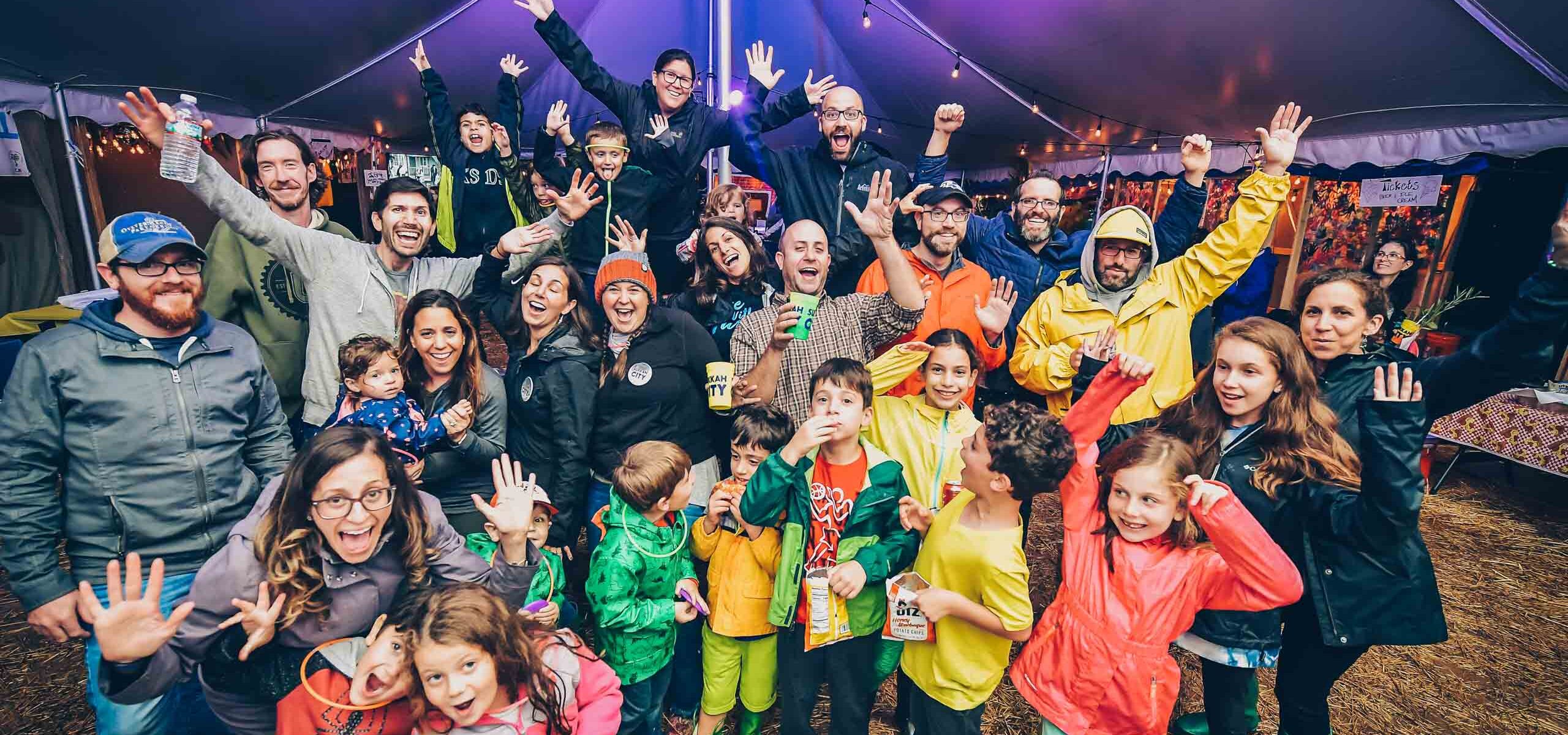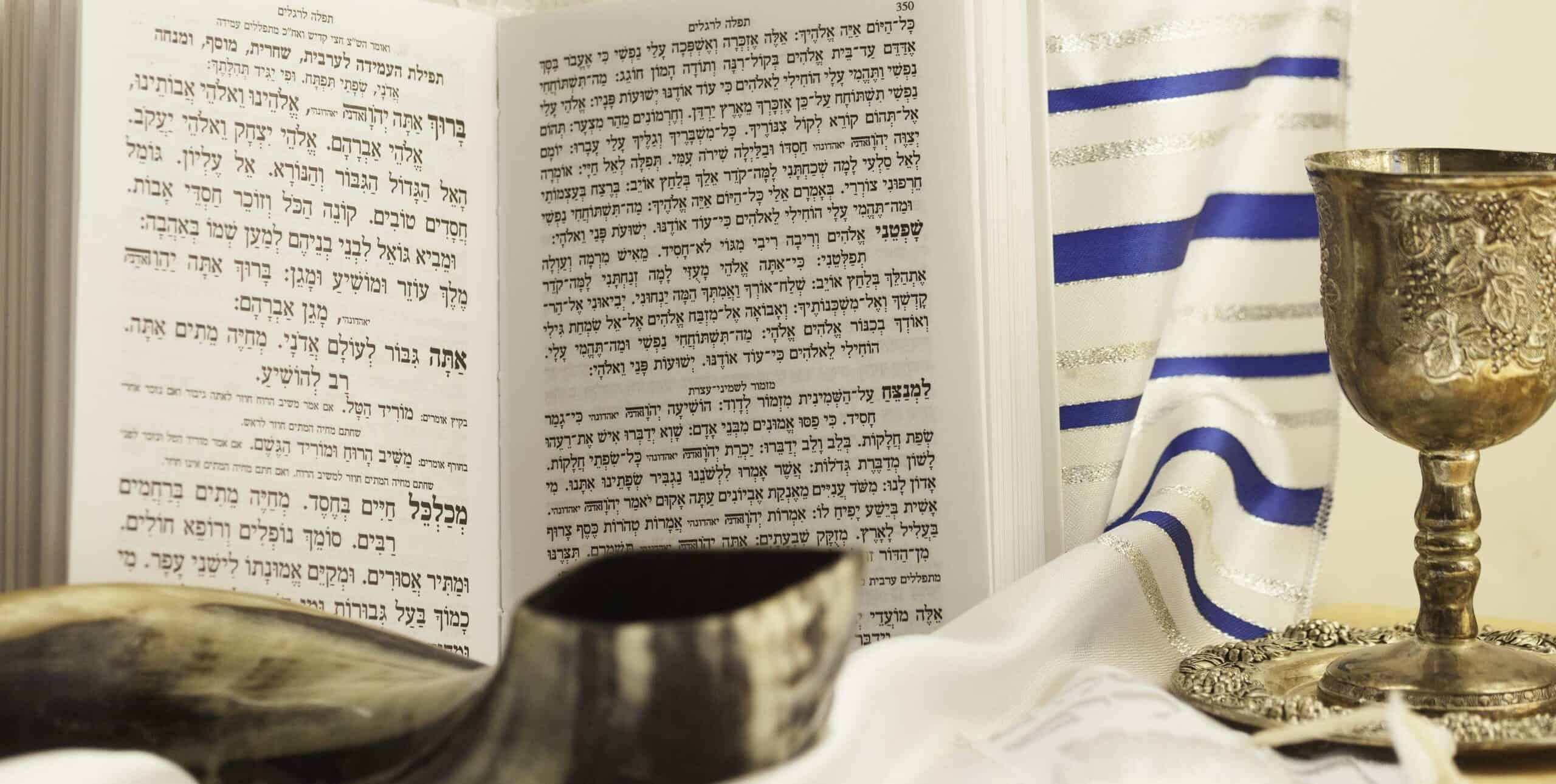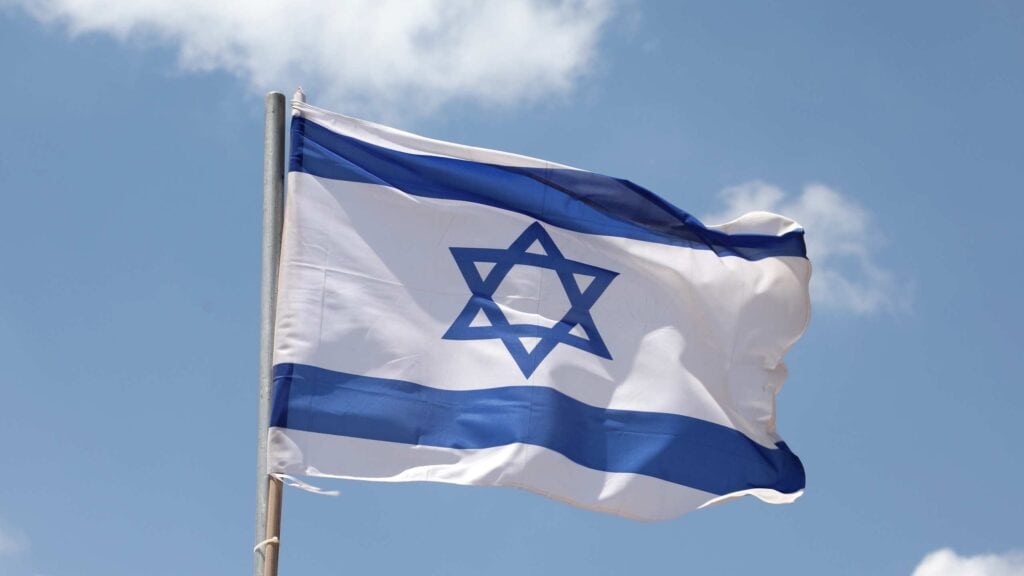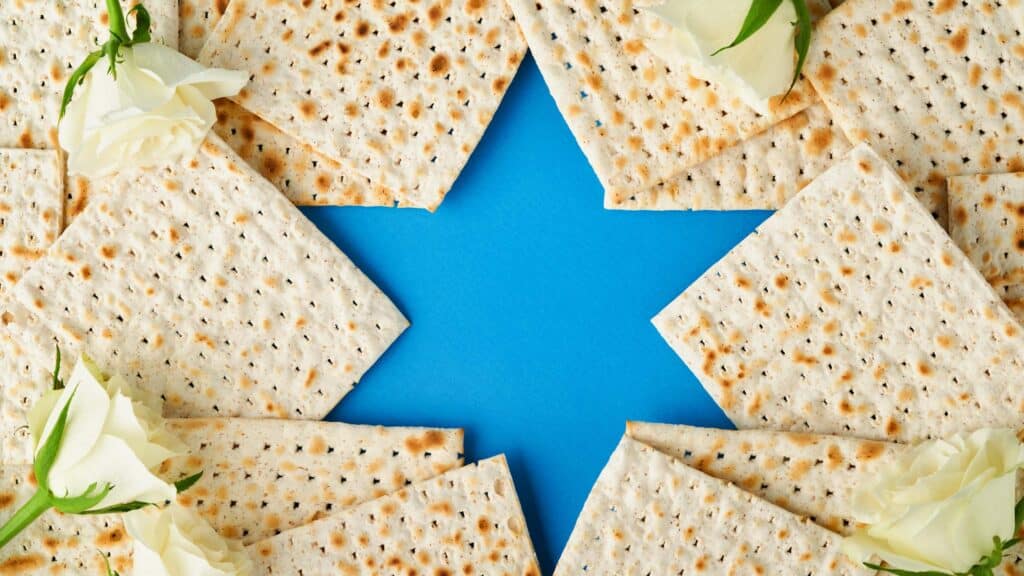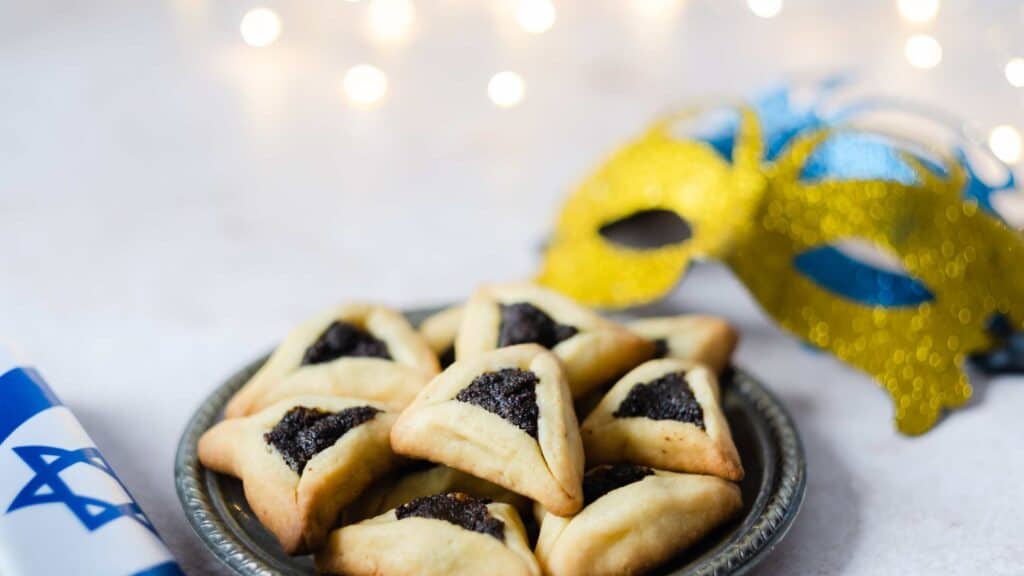By Rabbi Ariel Platt
Yom Kippur, “The Day of Atonement” begins at sundown today, and ends at sundown tomorrow, Saturday, October 12th. This holiday represents the last 24 hours to apologize for our actions over the past year and find ways to make up for our mistakes. It is a time to reflect, return, forgive, and plan for the future. There are many traditions we have to help us feel and connect with the gravity of the day, such as fasting, not bathing, wearing white, and not wearing leather (you may notice a lot of people wearing sneakers instead of dress shoes).
According to Jewish tradition, at the end of Yom Kippur, God seals the Book of Life for the coming year. The liturgical poem, Unetaneh Tokef, that is chanted during Rosh Hashanah and Yom Kippur, is centered on this image, “On Rosh Hashanah it is written and on Yom Kippur it is sealed, who shall pass away and who shall be born…” In all its theological complexity, it illuminates the uncertainty of life (see links below for the full poem).
However, Unetaneh Tokef also teaches us that we can have a direct and active role in changing our fate for the coming year with three clear guidelines: “But teshuvah (repentance), tefilah (prayer), and tzedakah (righteousness/deeds/acts of kindness) will avert the severity of the decree.” While the poem emphasizes there are 10 days between Rosh Hashanah and Yom Kippur, that we can change our fate, we can use these guidelines all year long. Despite the uncertainty of life, we have the power to rewrite our stories.
The late Lubavitcher Rebbe, Menachem Schneerson, wrote:
“A container is defined by its contents. A pitcher of water is water. A crate of apples is apples. A house, too, is defined by what it contains. Fill your house with books of Torah, and your house becomes a Torah. Affix charity boxes to its walls, and your house becomes a wellspring of charity. Bring those who need a warm home to your table, and your house becomes a lamp in the darkness.”
So too, human beings are defined by what we contain, and what we contain is reflected in how we act in the world. Fill ourselves with teshuvah, tefilah, and tzedakah, then perhaps they will reflect into the world. For example, if we work to make up for our mistakes, then perhaps others will do the same. If we find a connection to something greater than ourselves, then maybe others will realize our actions impact others. If we give of ourselves with the goal of helping others who are in need, then others will also give of themselves. Fill the world with teshuvah, tefilah, and tzedakah, then perhaps slowly the darkness and hatred that are eating away at our world will give way to light and love.
G’mar Chatimah Tovah! May we all be inscribed for good in the Book of Life!
Shabbat Shalom!
Explore the text of Unetaneh Tokef below:
Check out the links below for more information about Yom Kippur:
PJ Library – https://pjlibrary.org/yom-kippur
My Jewish Learning – www.myjewishlearning.com/article/yom-kippur-101/
Exploring Judaism – https://www.exploringjudaism.org/holidays/yom-kippur/

